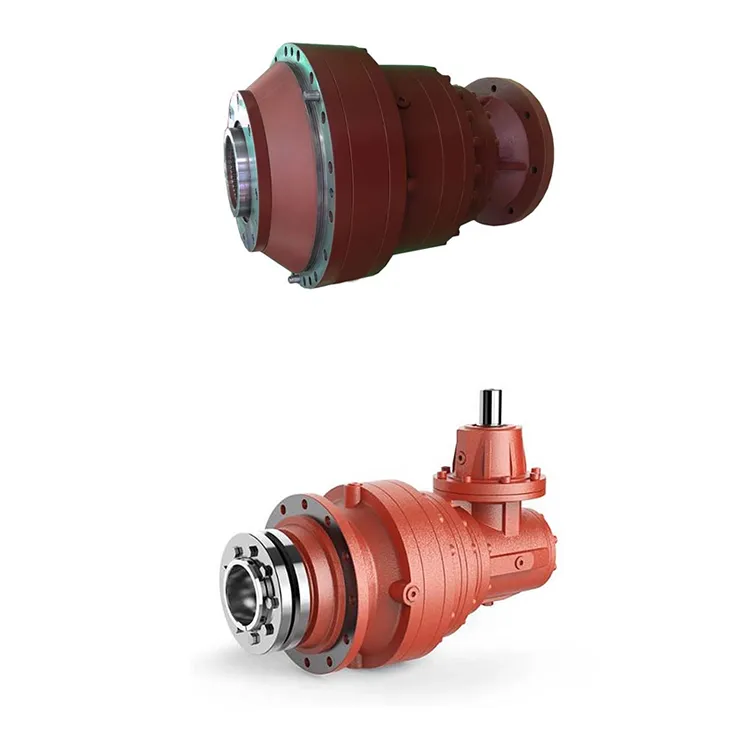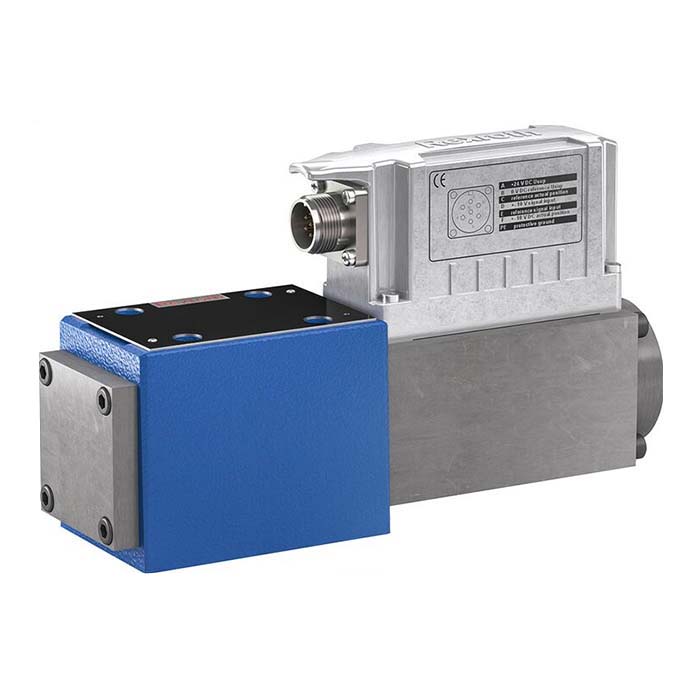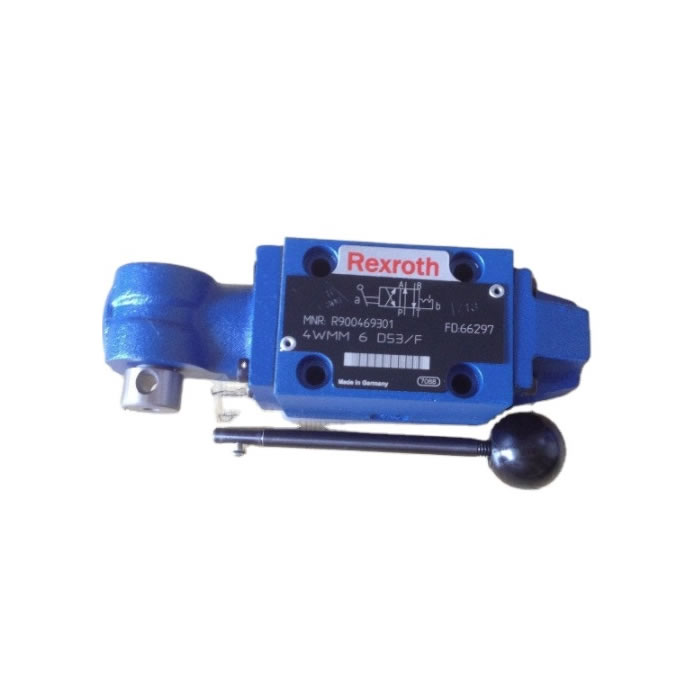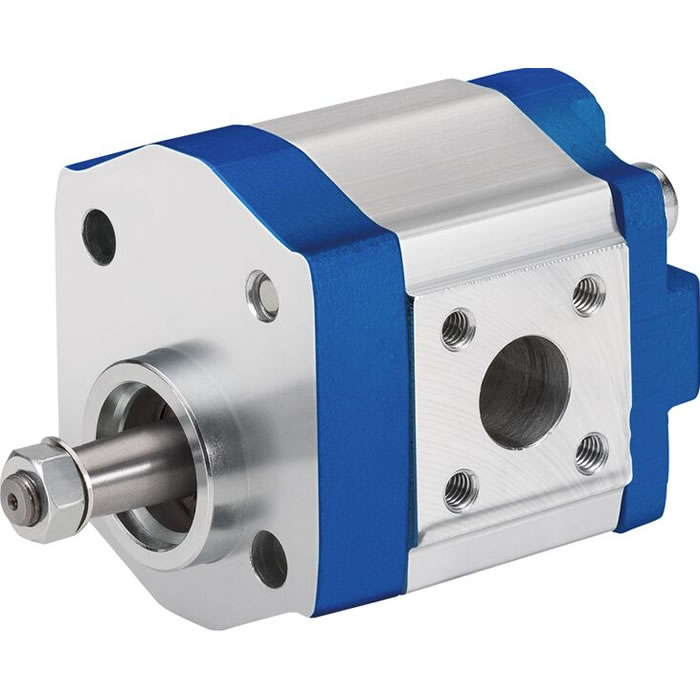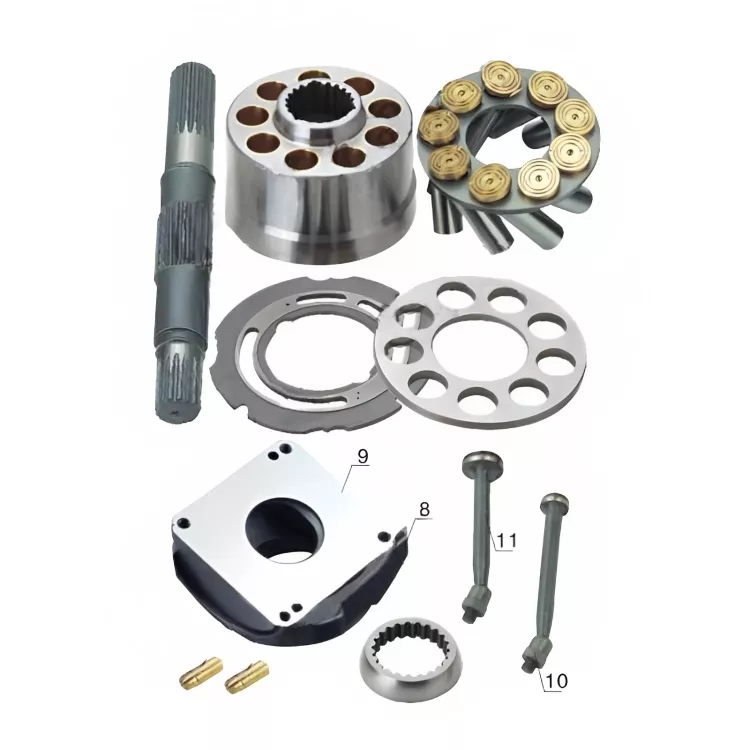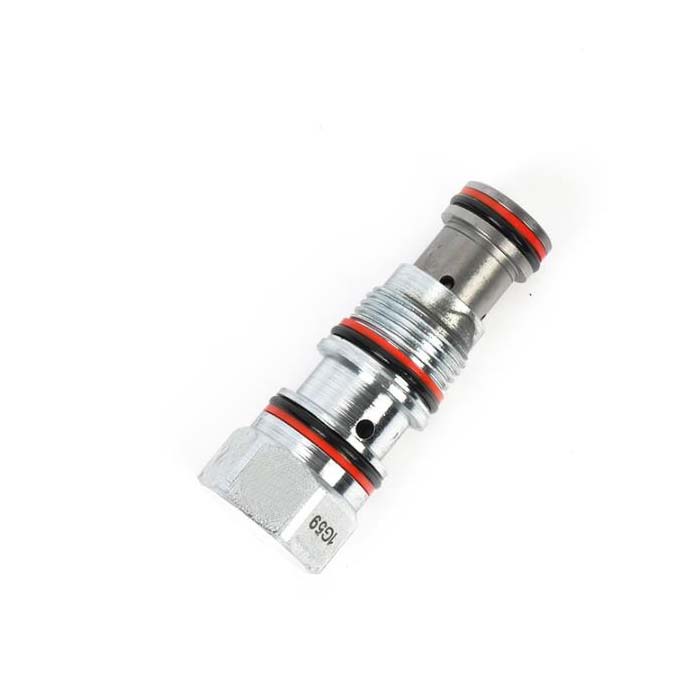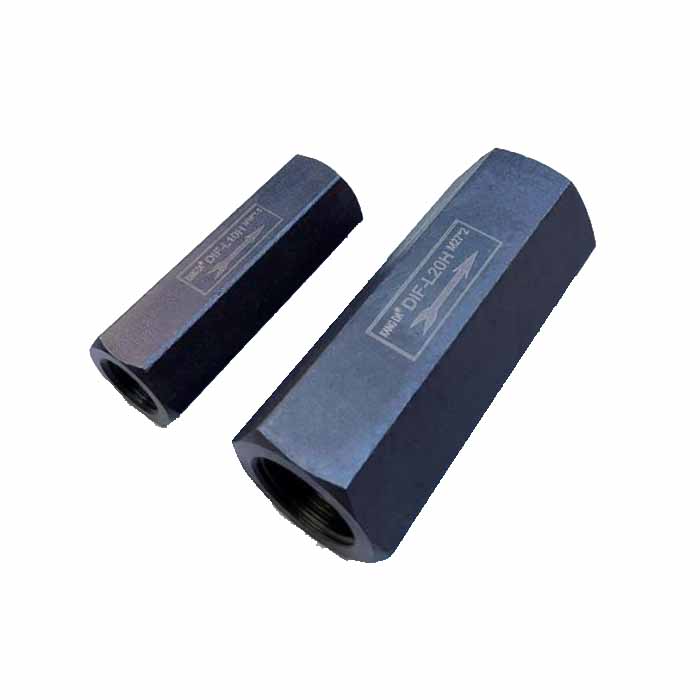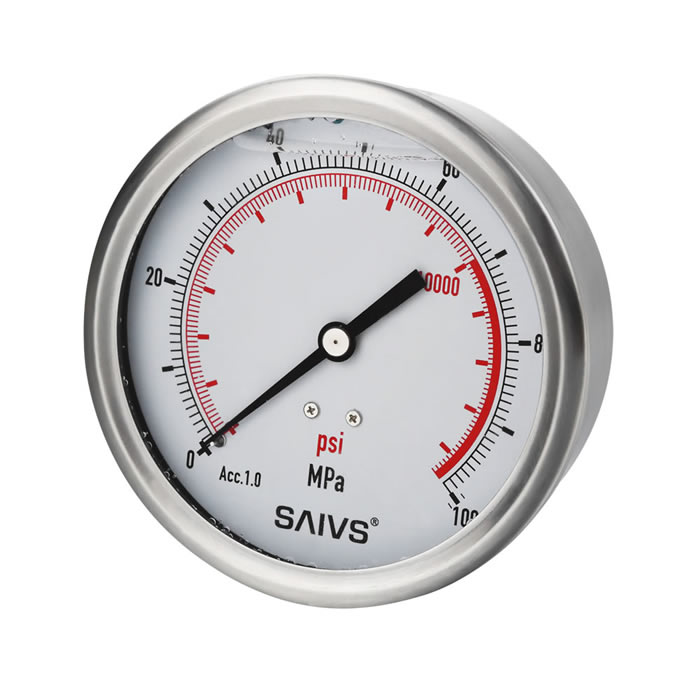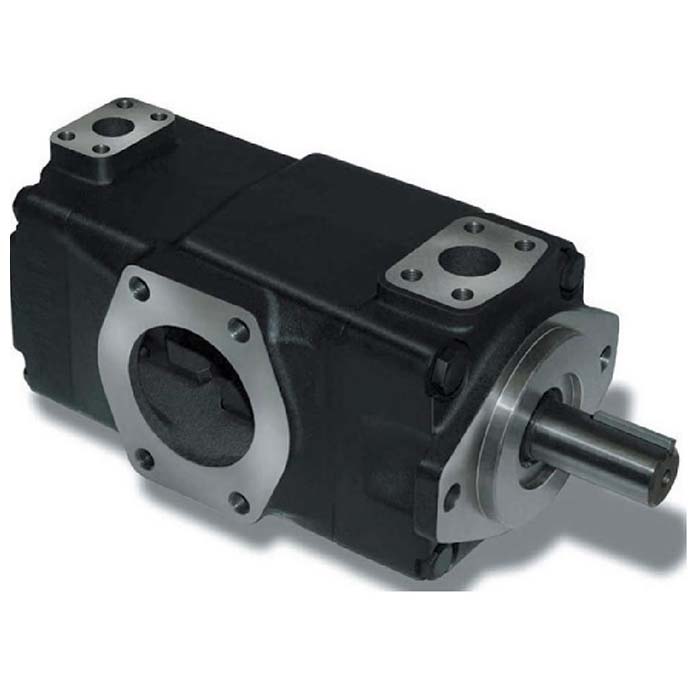What causes planetary gearboxes to fail
Planetary gears are known for their durability and ability to handle high loads.
However, several factors can contribute to the failure of planetary gears.
Here are some common causes:
1. Insufficient Lubrication: Inadequate or improper lubrication is one of the leading causes of gear failure.
Insufficient lubricant can result in increased friction, heat generation, and accelerated wear on gear teeth and bearings.
2. Contamination: The presence of contaminants such as dirt, dust, metal particles, or moisture in the gearbox can lead
to abrasive wear on gear surfaces and bearing components. Contamination can also cause
pitting or spalling on gear teeth, reducing their load-carrying capacity.
3. Overloading: Exceeding the recommended load capacity of the planetary gears can lead to excessive stress on the
gear teeth and bearings. Overloading can cause tooth breakage, surface fatigue, or premature wear.
4. Misalignment: Improper alignment between mating gears or misalignment with connected equipment can result in uneven loading
and increased stress concentration at specific points on the gear teeth. This misalignment leads to accelerated wear and potential tooth failure.
5.Fatigue Failure: Repeated cyclic loading over time can cause fatigue failure in planetary gears.
This type of failure typically occurs due to inadequate design considerations for load distribution or insufficient material strength.
6.Impact Loading: Sudden shocks or impacts during operation due to equipment malfunctioning or improper handling can cause
localized stresses that exceed the material's capacity,resulting in tooth breakage or deformation.
7.Temperature Extremes: Extreme temperature variations beyond recommended operating ranges may
affect the metallurgical properties of gears,resulting in reduced strength,fatigue,and dimensional instability.
8.Poor Maintenance Practices: Inadequate maintenance practices,such as irregular inspections,lack of lubricant changes,
cleaning neglect,and ignoring early warning signs (e.g.,unusual noise,vibration),can contribute significantly towards premature gear failure.
9.Material Defects & Manufacturing Errors: In rare cases,gear failures may occur due to inherent material defects,
such as improper heat treatment,microstructural anomalies,inclusions.Also,failures may arise from manufacturing
errors like dimensional inaccuracies,distorted geometries,tooth profile deviations.
10.Poor Gear Design & Selection:The design process plays a crucial role.Gear geometry,mating profiles,tooth profiles,
and material selection should be carefully considered.Inadequate design choices may result in stress concentrations,
reduced contact ratios,potential interference issues,and compromised overall performance
It's important to note that multiple factors often interact with each other,resulting in complex failure scenarios.
Preventive measures such as regular inspection,lubrication,cleaning,following manufacturer guidelines,and addressing
any operational issues promptly will help minimize these risks,maximize longevity,and ensure optimal performance for planetary gears.

